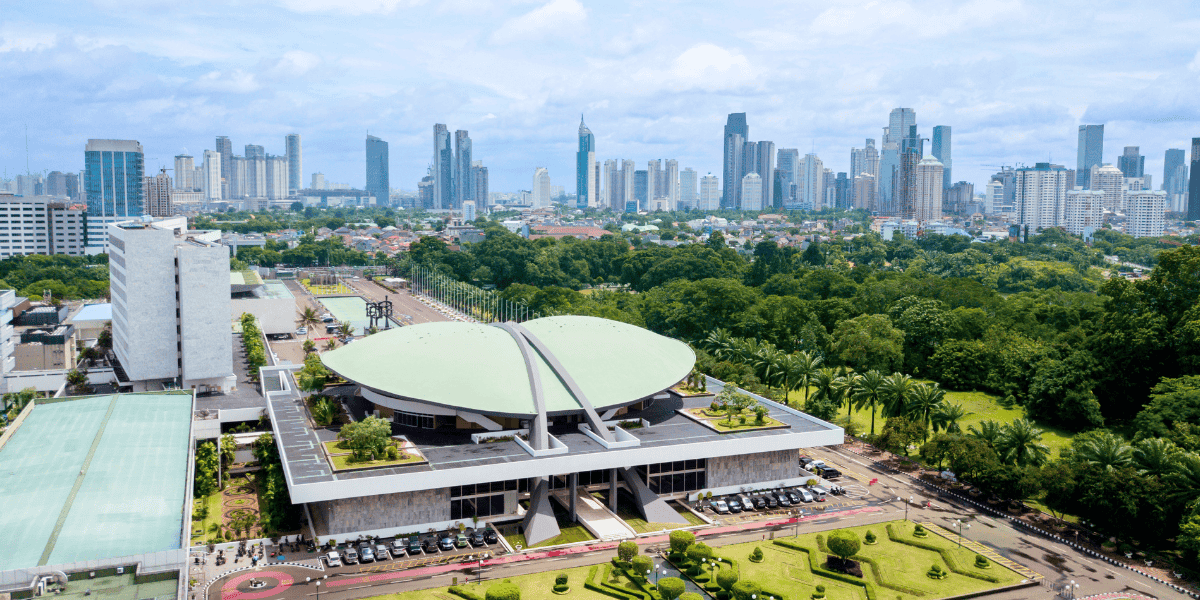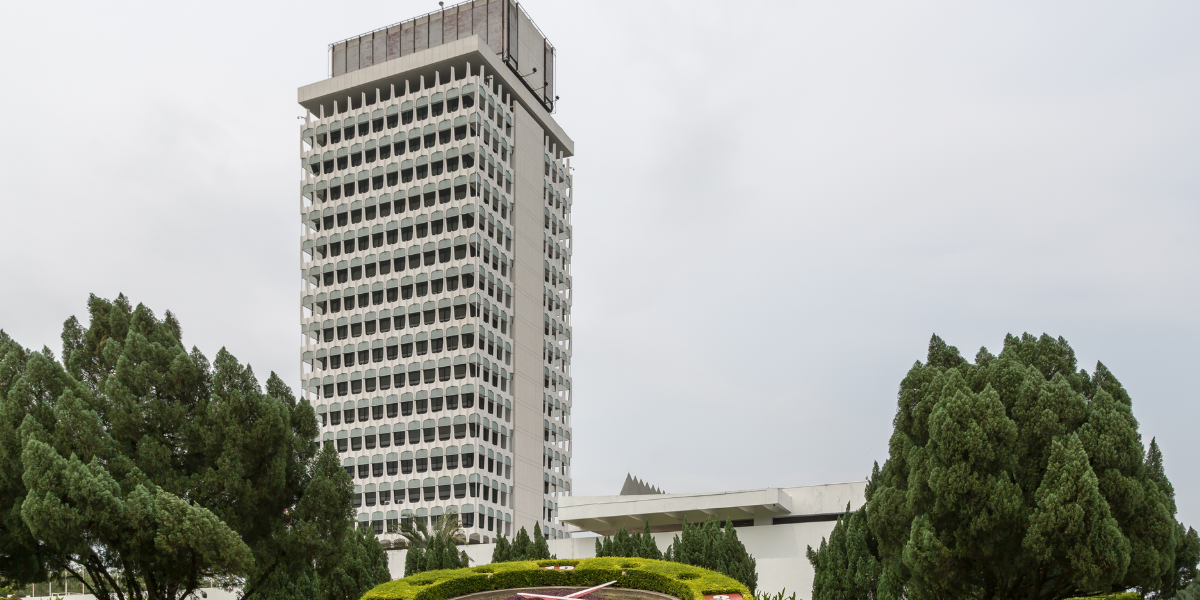The latest OECD publication on revenue statistics in Asian countries looks at trends in Indonesia, Malaysia and the Philippines from 1990 to 2013 and compares them to two OECD countries (Korea and Japan). The study finds that the tax revenue as a proportion of national income in 2013 was much lower in Indonesia, Malaysia and the Philippines, ranging from 13% to 17%, than in Korea and Japan where the ratios were between 25% and 29%. The average ratio of tax to national income for the whole OECD was 24.1%.
Tax revenue from income, profits and gains was around 40% of total revenue in Indonesia and the Philippines but more than two thirds in Malaysia. In Japan and Korea this ratio was around 30%, while for the whole OECD it was 34%. Of the total taxes on income, corporate income tax represented around 77% in Malaysia and 60% in Indonesia and the Philippines while in Korea and Japan corporate income tax raised 39% and 48% respectively of the total revenue from income taxes.
The revenue raised from social security contribution was only 2% of total revenue in Indonesia and Malaysia and 13% in the Philippines. Revenue from social security contributions in Japan accounted for 42% of total revenue and in Korea the proportion was 25%. The average figure for the whole OECD was 26%.
With regard to taxes collected at local level, in Malaysia and the Philippines local government only collected 3% and 5% respectively of total revenues in 2013. In Indonesia the same figure was almost 10%.
Tax administration
The OECD study also looks at the efforts made by the tax administrations in Indonesia, Malaysia and the Philippines to improve their tax collection.
Indonesia increasingly needs to reform its tax system to raise more revenue to fund the gaps left by declining oil revenues and the need to fund decentralization and economic recovery. Efforts have been made to modernize the tax administration by introducing updated IT systems and audit and filing processes. Although tax revenue has grown there are still low rates of registration for tax, with low levels of voluntary compliance and high levels of tax evasion.
Malaysia is considered to be too dependent on oil and gas revenue. The tax base is too narrow and the administration is trying to increase the number of people who file tax returns, for example through introducing self assessment for individual and corporations. As self assessment depends on the level of cooperation and tax literacy of the population, an emphasis is also being placed on taxpayer services and taxpayer education.
In the Philippines reforms such as tax simplification and online filing have increased tax revenue. The Bureau of Internal Revenue (BIR) implemented administrative reforms from the year 2000 onward including the creation of a large taxpayer service to focus on tax collection from the largest taxpayers that account for a higher proportion of tax revenues. In the opinion of the OECD study more revenue could still be collected from major taxpayers.
There is still a limited tax base in the Philippines and in the opinion of the OECD study there are too many tax exemptions. Tax evasion is also too high. The study therefore suggests that efforts should be made to raise tax revenue in a sustainable way by widening the tax base and eliminating exemptions.














